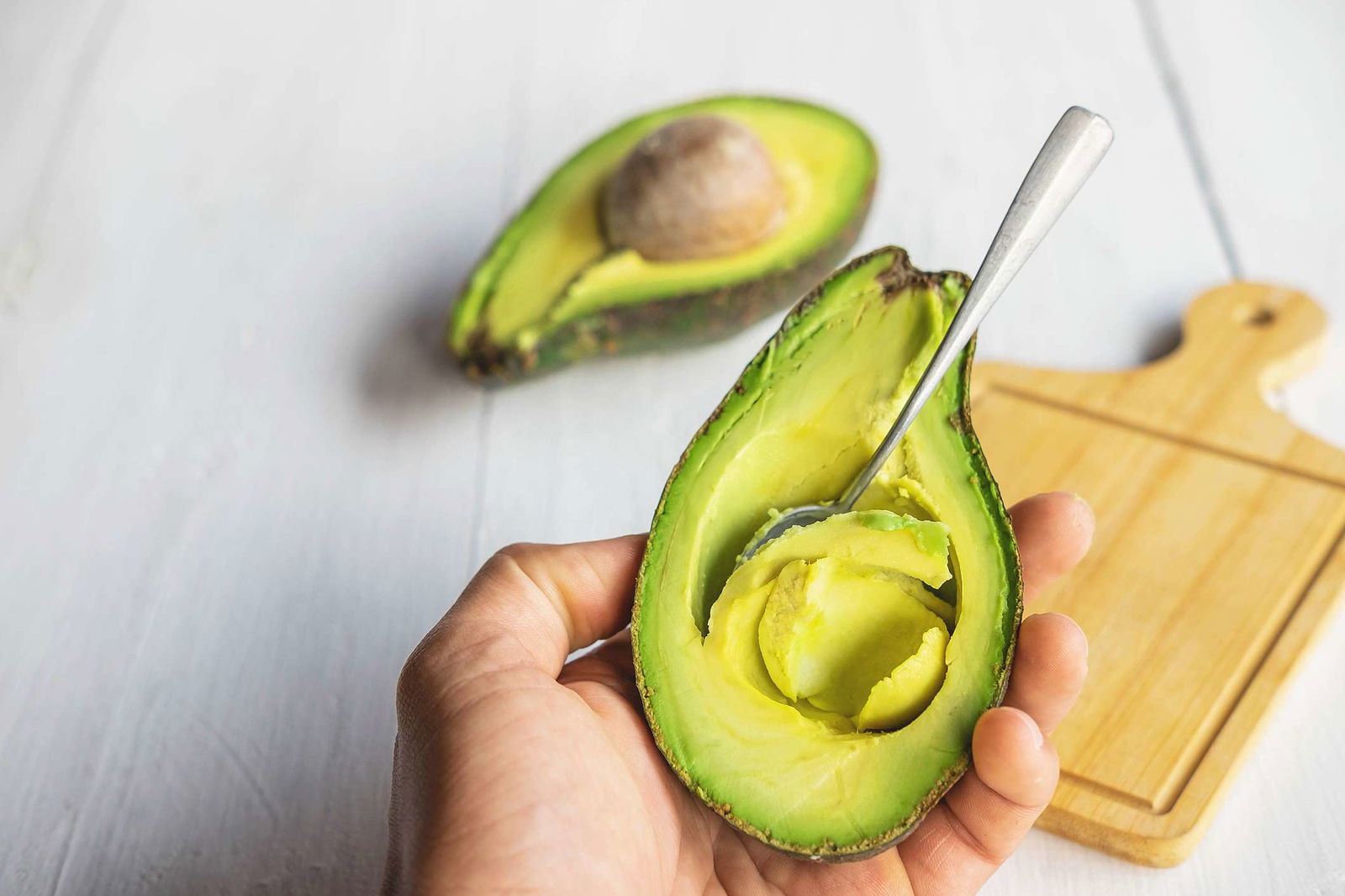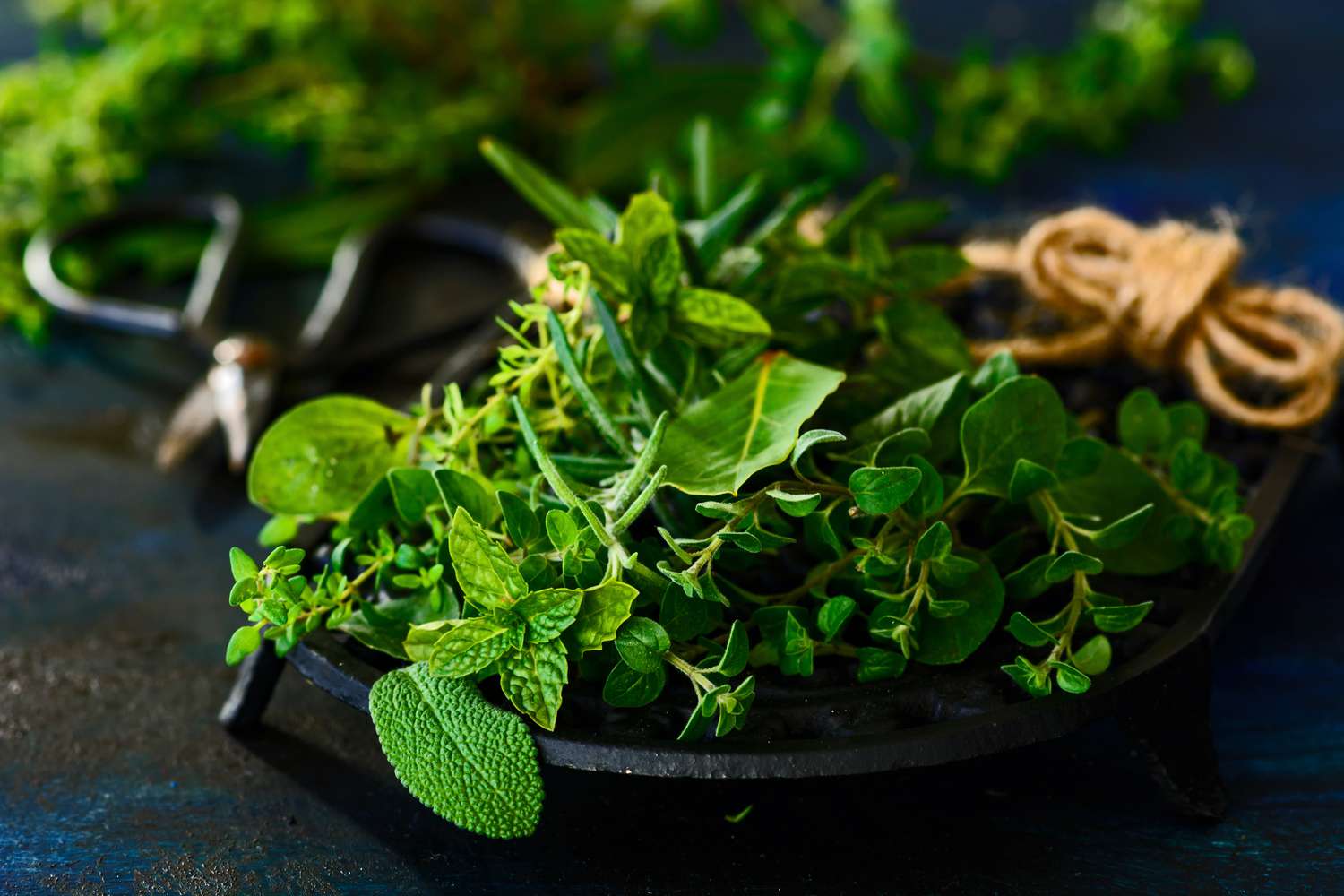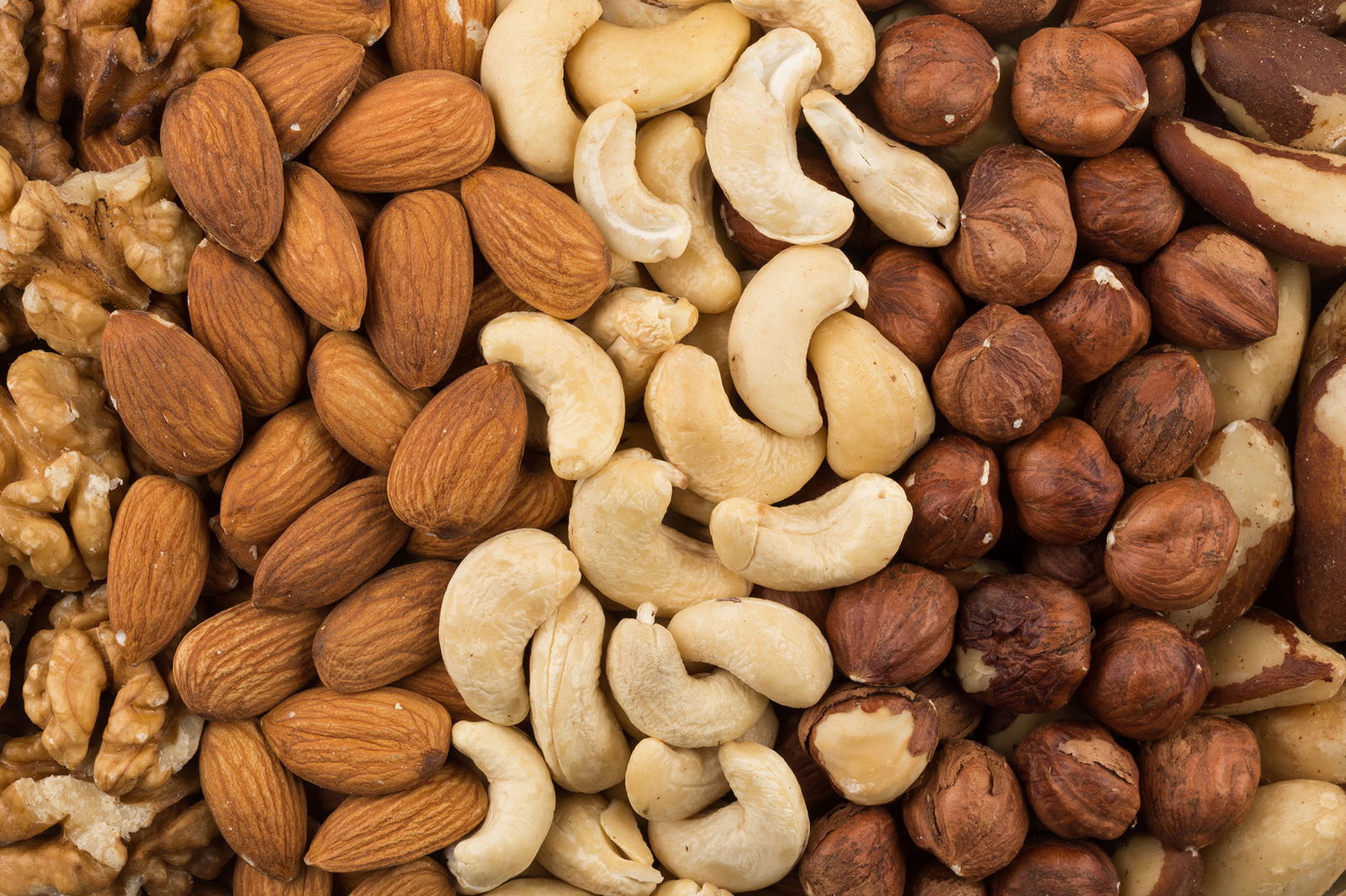
Whenever we think preservation, we think about the refrigerator. However, not all foods are meant for the fridge. Some are meant for the shelves only. In this article, we’ll examine what foods they are. You’d be surprised to find out that you’ve most likely been wrong about the way you’ve been storing some of your foods.
Avocado

Many times when you buy Avocados, they are not fully ripe. In order to ripen them, you should store them at room temperature and not in the fridge. Refrigeration is only necessary if they’re already ripened and you’re not ready to eat them. This is because, as soon as they are put in the refrigerator, they immediately stop ripening. It takes between two to four days to ripen so leave them on the counter preferably. After they’re ripe, the fridge can preserve them for up to 7 days.
Onion

Onions do not belong in the refrigerator at all – whether cut or uncut. Onions need air to stay dry and fresh. They should be stored in the pantry or on the counter. Moisture and gas are not good for Onions. It will speed up their aging process and quickly cause them to go bad. After they are cut, they may last for a few hours before going bad. However, they shouldn’t be kept in the fridge or they will soak up the fridge moisture and lose their entire flavor.
Apple

Wonder why apples are stored in a fruit basket at the center of the dining table or kitchen counter? Well, there’s a good reason for that. The reason being, they will stay fresher in room temperature. The ideal temperature should be 30 to 35 degrees F. with 90 to 95 percent relative humidity. However, with a little wisdom applied, they may also be stored in the fridge.
The vegetable crisper drawer of the refrigerator will make them last even longer. But before storing in the fridge, put them in an plastic bag with little holes. Alternatively, you can cover them with a damp paper towel to help soak up the fridge moisture. Otherwise, the refrigerator temperature and humidity will change the texture and taste of the Apple.
Herbs

Oxygen is bad for herbs because they can cause them to turn brown or black. The fact that they’re classified as fresh foods doesn’t qualify them for the fridge. Herbs need to retain their moisture without being exposed to too much oxygen. In order to correctly store them, they should be put in a loose sack. If they must be put in the refrigerator, then they must be completely covered with moist paper towels. Dried herbs are best stored in an airtight container, zip-lock bag or tight jar to keep the oxygen out.
Watermelon

As soon as watermelons are picked, they stop ripening. So refrigeration or room temperature has no effect on the ripening process. However, studies show that storing watermelon in the fridge may negatively impact its nutritional value. At 55 degrees, watermelons will retain more antioxidants for 14-21 days. After they are cut, they can be put in a zip-lock bag and stored in the fridge. Notwithstanding, they should be consumed between 2 to 3 days.
Bread

Bread in general, is not something that should be kept uneaten for too long. Keeping bread for too long in the house will cause it to go stale and become dense. So, how else can bread be preserved? Well, refrigeration is not an option because the bread will go stale faster and lose its taste if kept in the fridge. However, bread can be kept frozen. But, instead of leaving it to thaw out, toasting or microwaving will be a better option.
Salad Dressing

Salad dressings storage methods are highly controversial and depends on the type of dressing. Oil dressings are best stored in the shelf because the oil content which should preserve them. However, salad dressings without oil may be refrigerated. This is still controversial because most of these dressings contain strong preservatives elements. Before storing your salad dressing, check the components to see if its necessary.
Honey

What’s the point of preserving a preservative? Honey can stay in the shelf forever without problems. When stored in the refrigerator, it crystallizes and becomes almost inedible. In order to enjoy honey’s beautiful texture, they should be stored correctly and kept away from the fridge.
Nuts

When nuts are exposed to air or cold, they go bad. That is why storing it in the refrigerator is a complete no-no. Refrigeration will make their textures weaker and softer instead of crunchy. Also, it will lose its taste and flavor. Nuts are best sealed in an airtight container and stored in the shelf.
Garlic

Garlic, like onions shouldn’t be stored in the refrigerator. They need to be kept dry and exposed to room temperature air. The fridge will make them to loose their right flavor and cause them to have an awful smell. Then, when you add to your food, they bring in the bad flavor caused by the fridge and spoil the taste.




















